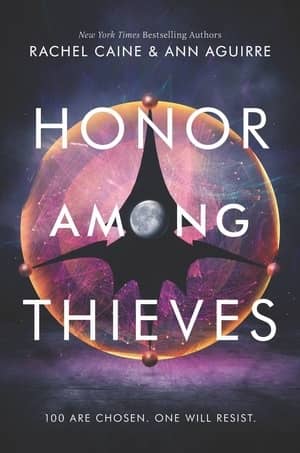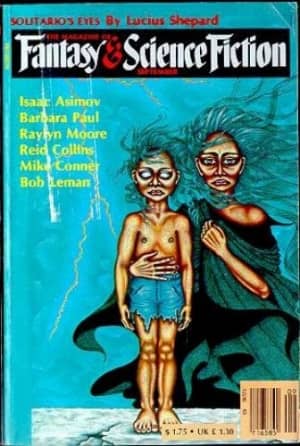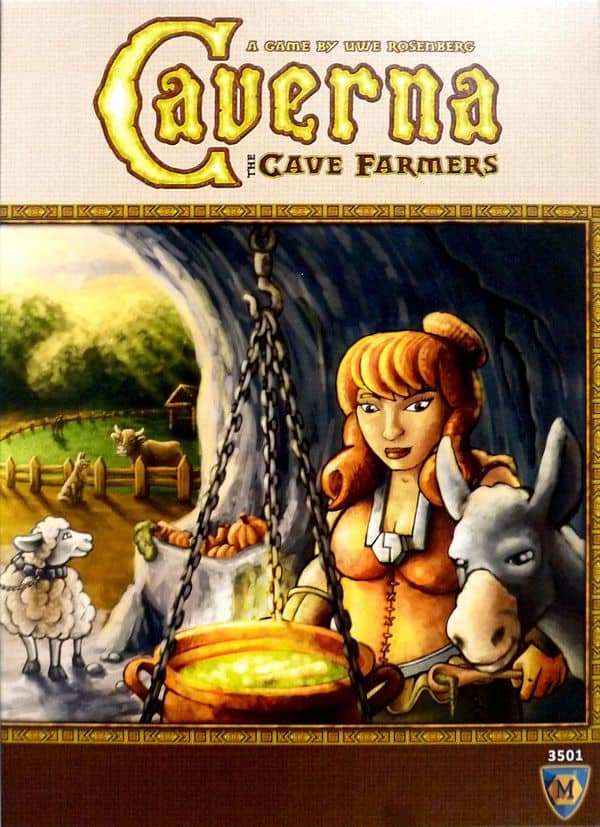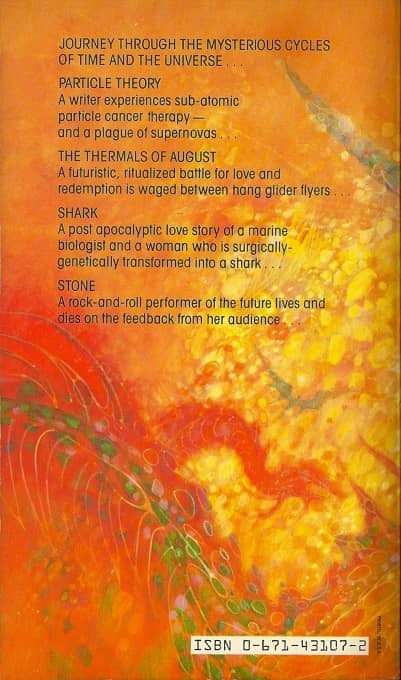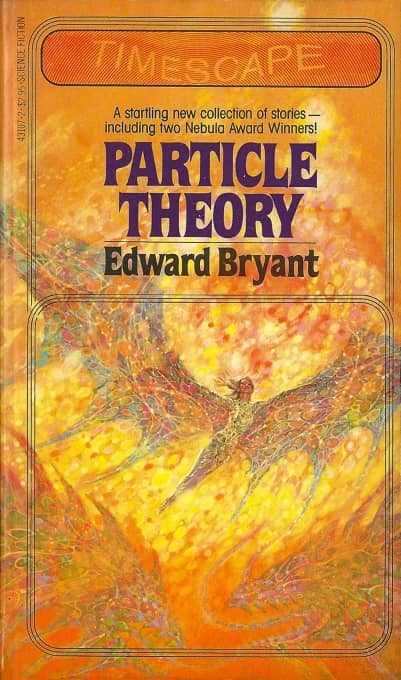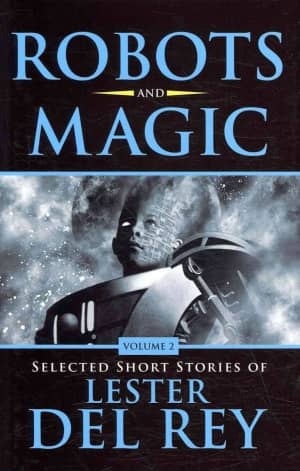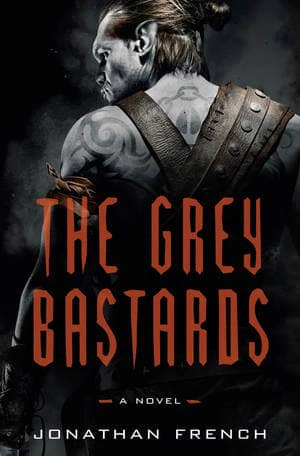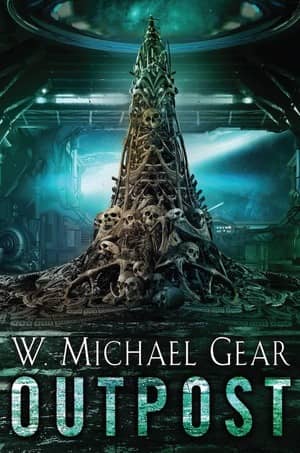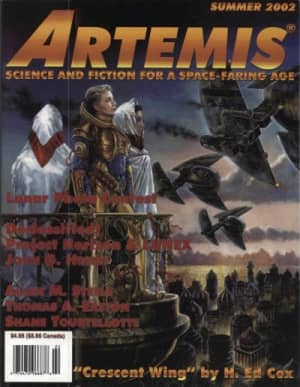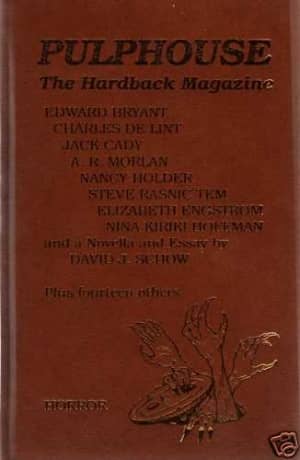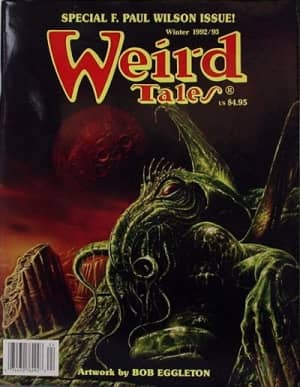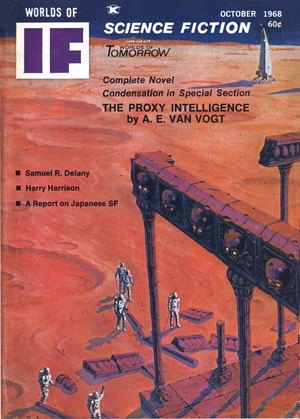The Dread Lurking Beneath the Surface: The Planetfall Trilogy by Emma Newman
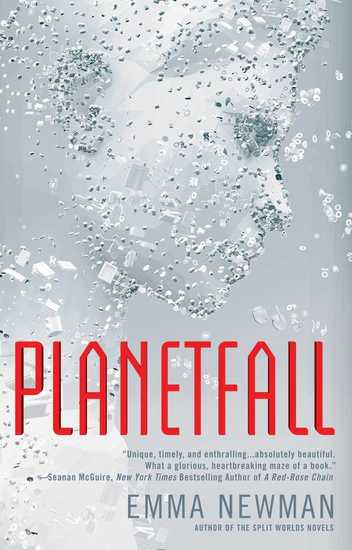 |
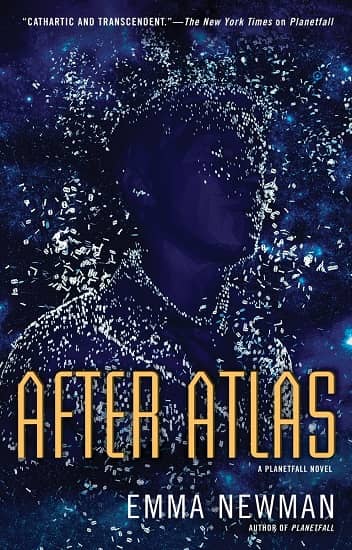 |
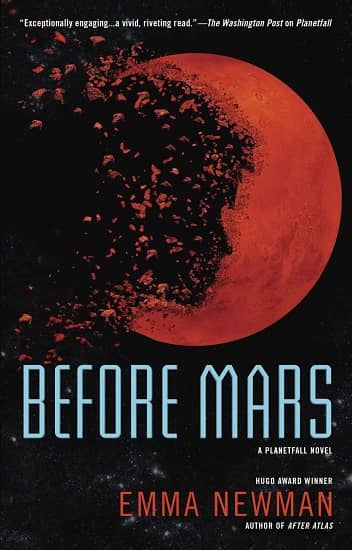 |
I read Emma Newman’s Tor.com novella Brother’s Ruin (March 2017) on a plane last year, and quite enjoyed it. It’s the tale of a young woman who uses her hidden — and considerable — powers to help her brother masquerade as a mage, in an alternate Victorian era Britain where the all-powerful Royal Society of the Esoteric Arts snaps up anyone with magical gifts. The setting was nicely thought-out and deserved a follow-up, and indeed there is at least one more novella (Weaver’s Lament, October 2017) in what’s now being called the Industrial Magic series.
All that has made me keenly interested in her science fiction trilogy, which began with Planetfall in 2015. The first book was nominated for the Locus Award for Best SF Novel, and The New York Times called it “Transcendent.” After Atlas (2016) was a Publishers Weekly Best Science Fiction/Fantasy Book of the Year, and was shortlisted for the Clarke Award. The third book, Before Mars, was published in April; the LA Times calls it “A psychological thriller wearing the cloak of a gripping sci-fi story.”
But what are they about? Mystery, murder, the power of myth, and more. Over at Tor.com Robert H. Bedford reviewed the first book, saying:
Planetfall is at once a fascinating character study through Ren’s first person narrative and a novel that examines how secrets, no matter how deeply buried they are, can be extremely damaging things… especially in a small colony in a seeming utopia. Ren spends much of her day as the colony’s printer, responsible for overseeing an advanced 3-D printer which is used to repair damaged items or create new items when necessary. Any items. Ren’s obsession with repairing things is a mask for trying to repair the damages left in the wake of Lee’s disappearance, and an attempt to bury her own guilt in the tragic events which transpired nearly two decades ago…
I was very much reminded of C.J. Cherryh, especially her first Foreigner novel… In other ways, I was reminded of Mary Doria Russell’s powerful novel The Sparrow, and its sequel Children of God, in the way that science and religion are at odds with each other and how they work together to drive parts of the plot.
Newman’s prose has a haunting effect that hints at dread lurking beneath the surface, waiting to rear its disturbing head. When this prose is conveyed through Ren’s voice it makes for a compulsive, powerful read that is difficult to set aside… Beautifully and heartbreakingly wrought, Planetfall is a genius novel that is far more than its exterior belies; a distressing, harrowing novel that left a deep mark on me. It isn’t an easy, cheerful read, but it is a captivating story that can be very aptly be described as a must read.
All three novels are still in print from Ace. Read Chapter One of Planetfall at Tor.com.
